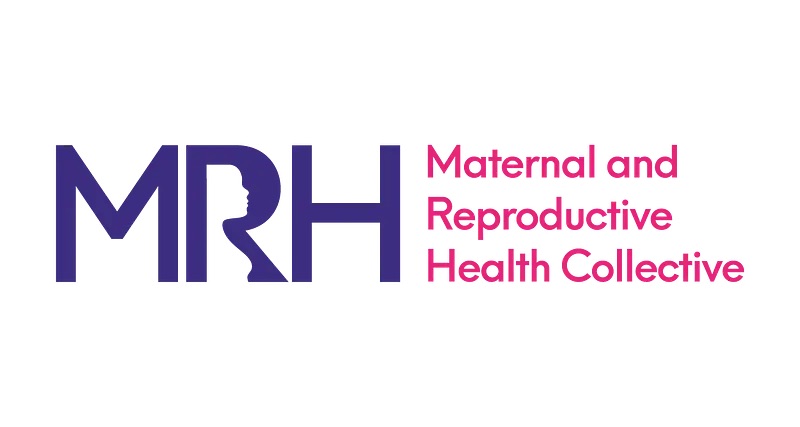By Chinelo Obogo
Maternal and Reproductive Health Research Collective (MRH Collective), a non-profit organisation focusing on improving maternal and reproductive health outcomes for women and girls, particularly in low-income and marginalised communities, has said its Iyaloju Initiative recorded a 99.9 percent survival rate among 8,000 pregnant women registered in the programme.
This was revealed during a stakeholders meeting held Wednesday at the College of Medicine, Lagos University Teaching Hospital (LUTH).
The Chief Operating Officer, Funmi Owoso, disclosed that of the 8,000 women enrolled in the initiative, a majority survived childbirth, with 80 percent delivering at healthcare centers and 60 percent attending regular antenatal appointments. This achievement, she said, represents a significant breakthrough in Nigeria’s fight against maternal mortality, which remains among the highest globally.
The stakeholders meeting was an opportunity to discuss ongoing challenges in maternal healthcare as MRH Collective, an organisation focused on maternal health and the care of pregnant women, used the forum to highlight critical issues that continue to plague the healthcare system.
“Nigeria has the highest mortality rate and we need to solve the problem. We have discovered that most women have challenges using skilled healthcare due to financial barriers and sociocultural factors,” Owoso said.
MRH Collective identified several obstacles preventing women from accessing quality maternal healthcare with financial constraints being the most common. She said many women cite lack of funds as a challenge to accessing medical care. She also said sociocultural factors influence healthcare decisions, leading some women to rely on unlicensed birth attendants rather than trained medical professionals.
The Iyaloju Initiative is the brainchild of Professor Bosede Afolabi and was set up in response to Nigeria’s maternal mortality rates. Owoso said the program tackles maternal healthcare by working directly with community health workers to ensure expectant mothers are connected to essential resources within their local communities.
“The major aim of the programme is for women to receive quality care from the facilities. We focus on making healthcare facilities more accessible and desirable to pregnant women while conducting extensive community outreach programs that emphasize the importance of skilled delivery services,” she said.
Owoso further stated that the success of the Iyaloju Initiative can be attributed to several targeted programs designed to address specific barriers to healthcare access. The Mamabase programme, which Owoso described as very effective, has been instrumental in helping women navigate the healthcare system from registration through delivery.
MRH Collective then announced plans to launch the Mamalink programme, specifically designed to address emergency situations for pregnant women. Owoso said the upcoming program will focus on providing rapid response and emergency care access for women experiencing complications during pregnancy or childbirth, further strengthening the healthcare safety net for expectant mothers across Nigerian communities.


